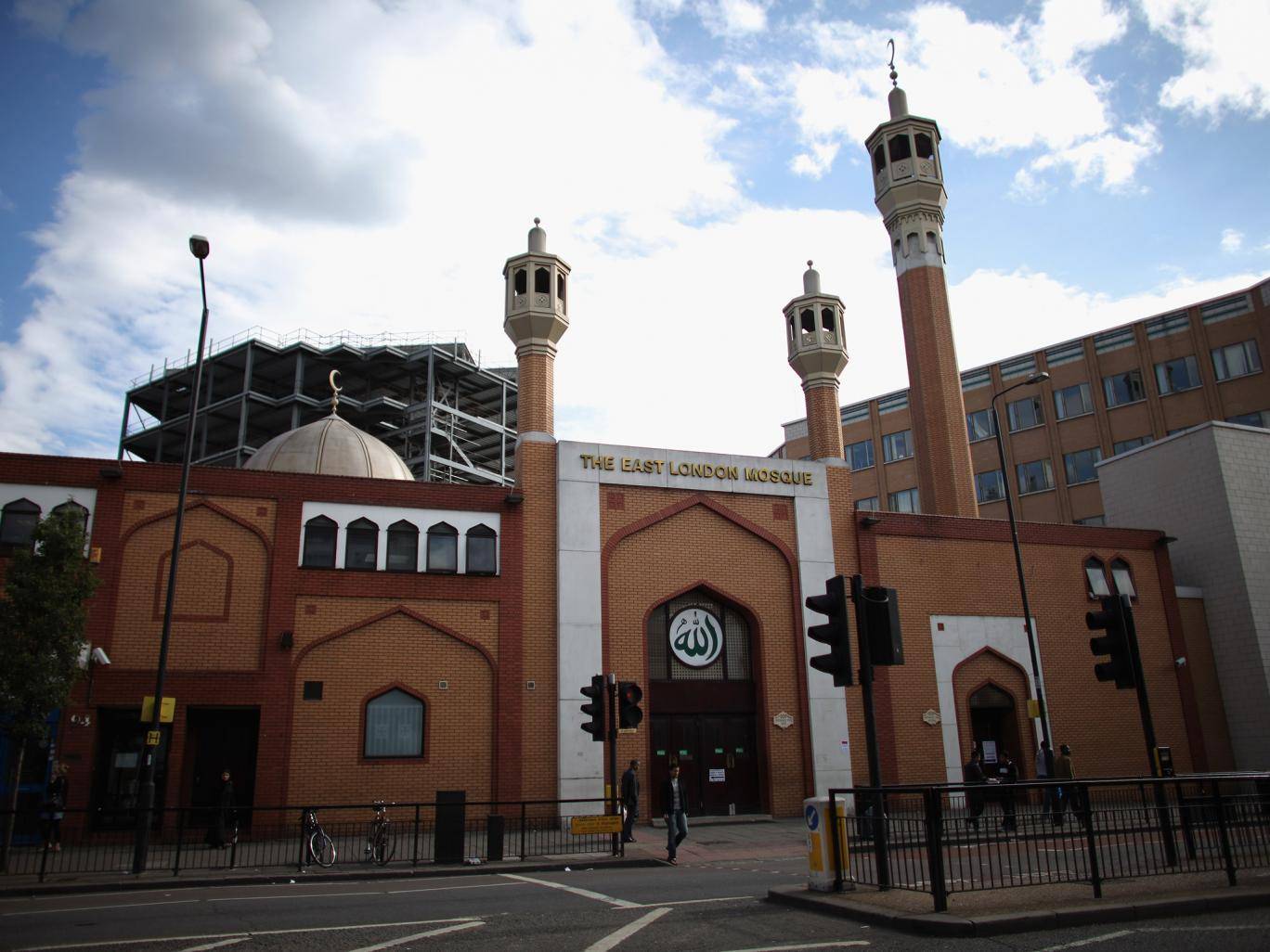A new ‘special report’ by the Center for Global Policy [CGP] has been released, titled ‘Muslims in Western Europe and the United States’. CGP describes itself as the “first independent, non-partisan American think tank working exclusively on issues at the intersection of U.S. foreign policy and the geopolitics of Muslim-majority countries”.
The report examines issues of integration faced by Muslims in Europe and the United States, and suggests that the challenges faced by European Muslims provide “valuable insight” to leaders in the American Muslim community, because they face similar issues of fear and hostility; increased since the 2000s because of concerns over security “both in terms of international relations and transnational Islamist terrorism, as well as persistent questions over social cohesion”.
French/UK models of integration
The report compares the French and British model of integration, and the challenges for Muslim integration in France and the U.K. It looks at two distinct models of integration: The French assimilationist approach and British Multiculturalism. The notion of the “neutral citizen” lies at the heard of the French model, in which “ethnicity, gender and religion are de-emphasised to forge the perfect republic citizen.” However, the report also attributes the French model towards the Muslim community as a result of a “distinct strand of French Islamophobia”. The Islamic sentiments by rebel groups within the Algerian War of Independence, an increased visibility of Islam in France, xenophobic sentiments generated by immigration and tensions over the place of Religion in a nation which “prides itself on its secular values”, lie behind and culturally justify the prevailing paradigm of “laicitie” [French secularism]. Integration is seen as a “one way” process, because it is immigrants who should not “disturb existing social norms”.
The British Model however, promotes the idea of celebrating cultural difference, celebrating the pluralism that came with the waves of immigration, and calling for “all cultures to be equally respected as a way to avoid ethnic tensions and racial conflicts”. However, there has been an increasing move away from this, partly as a reaction to a series of terrorist attacks which took place from 2005-2007 by British Muslims. This lead to claims that the model had failed, taken on by mainstream politicians [for example, the report cites David Cameron who had stated that multiculturalism had died]. A “hardening of national identity” has also taken place, for example, with the emphasis on “British values”. This has been compounded by initiatives such as the “Prevent” programme, a controversial policy to counter domestic radicalisation, but seen as creating policies encouraging the spying on Muslims; leading to a feeling of “otherness”, instead of encouraging integration.
In comparing the experiences of Muslim integration in the UK and France, the report suggests that they face similar challenges that have led to their marginalisation, despite the different integration models. These shared challenges include structural inequality, social and economic exclusion, and a proliferation of over and covert anti-Muslim discrimination. Such marginalisation leads to a disfranchised European Muslim community, resulting in a ‘Muslim political identity’, a small minority of whom take a “radical read of Islamic texts” and may lead to ‘extremist Islamist foreign fighters’.
A contrast to the United States
The report draws a contrast to Muslims in the United States, which it considers “relatively well integrated”. It points to the fact that the Muslim community there has not faced the “sustained economic and social marginalization that it has in Europe”, though it does acknowledge the disparities between different ethnic and racial groups within the Muslim community. While a study looked at in the report suggests that this community has not been “as politically mobilized at the European one”, it considers 9/11 and President Donald Trump’s campaign and victory turning points in which Muslims face increased scrutiny and anti-Muslim discrimination. The societal anti-Muslim discrimination that has increased as a result of this campaign “could lead to a rise in the sentiment of “otherness”. Here they draw parallels with Europe, suggesting it could similarly lead to a disfranchisement and isolation of the Muslim communities, resulting in further “incidents of discrimination, high levels of alienation and a long-term security threat”.
Recommendations
In light of this, the report suggests taking measures to prevent the “cycle of marginalization” by
- increasing the accuracy of data on Anti-Muslim discrimination. The report suggests that while there is data on hate crimes, this should be extended to understanding other types of discrimination Muslims have to face, in employment, housing, and public goods. The methods use to measure hate crimes should also be improved by facilitating its reporting within local communities and encouraging academic research.
- fight anti-Muslim prejudice through education: specifically the school curriculums, and in general, creating an awareness in schools of the discrimination Muslims can face.
- fight anti-Muslim prejudice through media: with the media itself reviewing what its output that has carries negative representation of Muslims, often based on untrue stories.
- fight discrimination in the workplace, to avoid damaging Muslims’ social and economic status; that the US “builds upon successful anti-discrimination measures in Europe” and improving workplace practices towards religion.
- strengthen the prosecution system for anti-Muslim discrimination and hate crimes: by overcoming the distrust of the police that exists, which prevents the reporting of hate crimes faced by Muslims, the creation of programmes that “encourage the reporting and prosecution of Islamophobic acts”, and training that allows for the identification and investigation of such acts.
- Improve the inclusion of Muslims by encouraging their political and social participation: that Muslim community leaders continue initiatives that took place during the presidential elections.
Sources
https://www.cgpolicy.org/wp-content/uploads/2019/02/Muslims-in-Western-Europe.pdf






